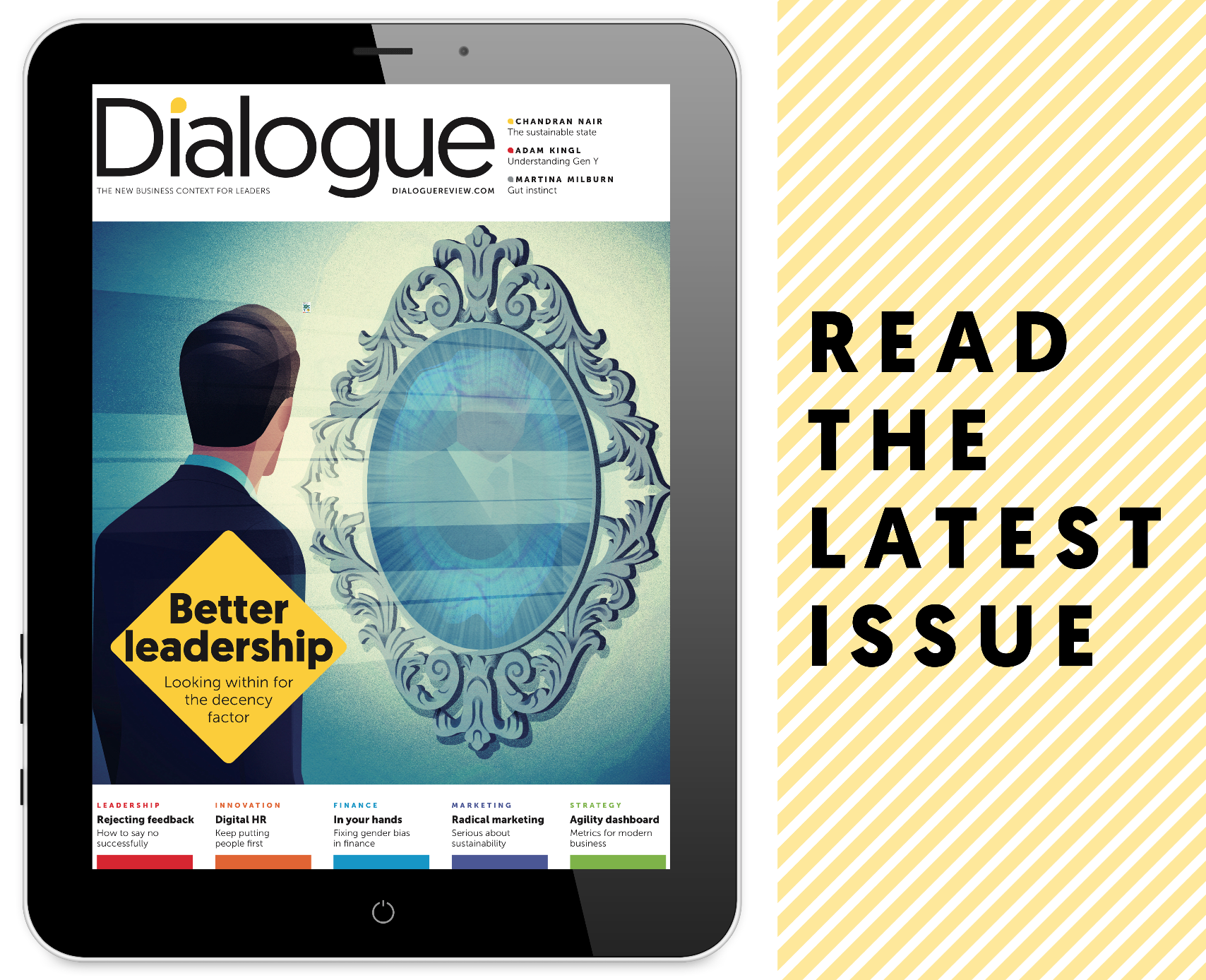Here is what you can expect, from the desk of Dialogue editor, Patrick Woodman
What is the role of business in promoting social good? It’s a critical question for leaders in 2019. In the decade since the financial crash, the relationship between wealth creators and wider society has often been under the microscope, and the debate is as lively as ever.
This year’s Davos conference was marked by a viral video calling out business chiefs over wealth inequality. Big tech’s attitudes to privacy are being challenged like never before. And recent months have seen climate change pushed up the news agenda in extraordinary new ways. Swedish schoolgirl Greta Thunberg has inspired school children around the world to strike; the Extinction Rebellion group launched global protests, leading to more than 1,000 arrests in London alone; US politicians have proposed a ‘Green New Deal’; and Netflix launched Sir David Attenborough’s series, Our Planet, winning rave reviews for stark warnings of ecosystem collapse.
How should business leaders react to this atmosphere, and what part should they play in solving society’s common challenges? Dedicated to the notion of leadership for good, our Focus section this issue offers arguments and insight that linger in the mind long after first reading. In our cover feature, Bill Boulding surveys the changing landscape, pointing out to leaders the perils that lurk in a more polarized world – not least, the risks of failing to speak out for what’s right. The answer? A focus on hiring and developing leaders with personal decency and integrity. That’s surely overdue.
Personal values are also brought to the fore by Michael Chavez and Sudhanshu Palsule, who argue that the conversation about corporate purpose has skated over a crucial fact: we each bring our own sense of purpose to work. The task of good leadership is not only to define grand strategic aims that benefit society, but to deliver on those aims by helping individuals to understand their purpose and align it with the business. Leaders who get that right have a winning formula: better for their businesses, and better for the societies in which they operate.
Elsewhere, Chandran Nair throws down a gauntlet to business, arguing that only the state can deliver a sustainable future. For those steeped in Western economic thinking, it is a vital – and challenging – read. John Davis, meanwhile, makes a compelling call-to-arms for marketers, urging a radical rethink of the discipline’s priorities, while Liz Mellon has the Last Word on the nature of transformation – and its absence in the oil industry.
Of course, if leadership is evolving, we also need to think about how we measure success. Steven P MacGregor examines the case for better measurement of investment in employee wellbeing; while Joe Perfetti, Scott Koerwer and Michael Canning pick up where their ‘Agility Architects’ article (Dialogue, Q1 2019) left off, with a superb feature on the new metrics for measuring performance in an agile world. And if the number-crunching gets too much, you’ll find relief in Bill Cohen’s piece: was Peter Drucker right that data is not the be-all and end-all of management decision-making?
If nothing else, this issue of Dialogue stands as a reminder that every leader – whatever their organization, their paygrade, and their job title – has the power to do good. How you use that power is something only you can decide. Enjoy the issue.

